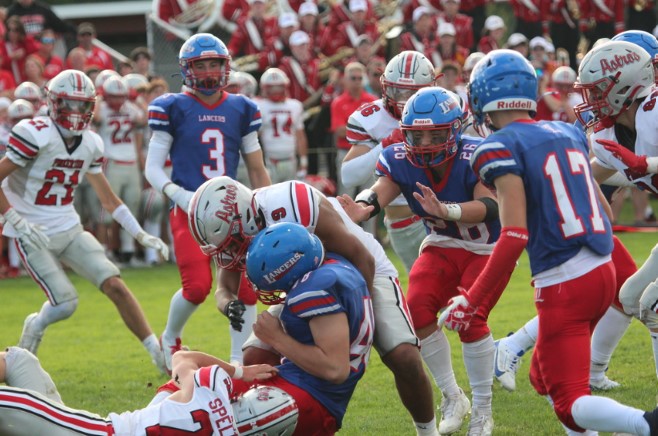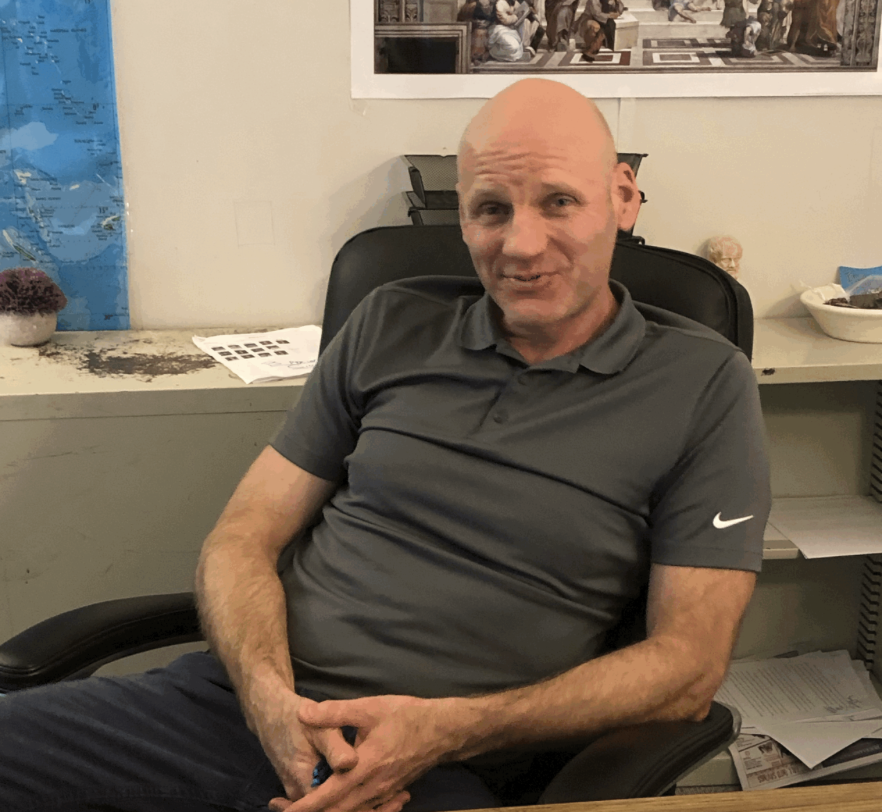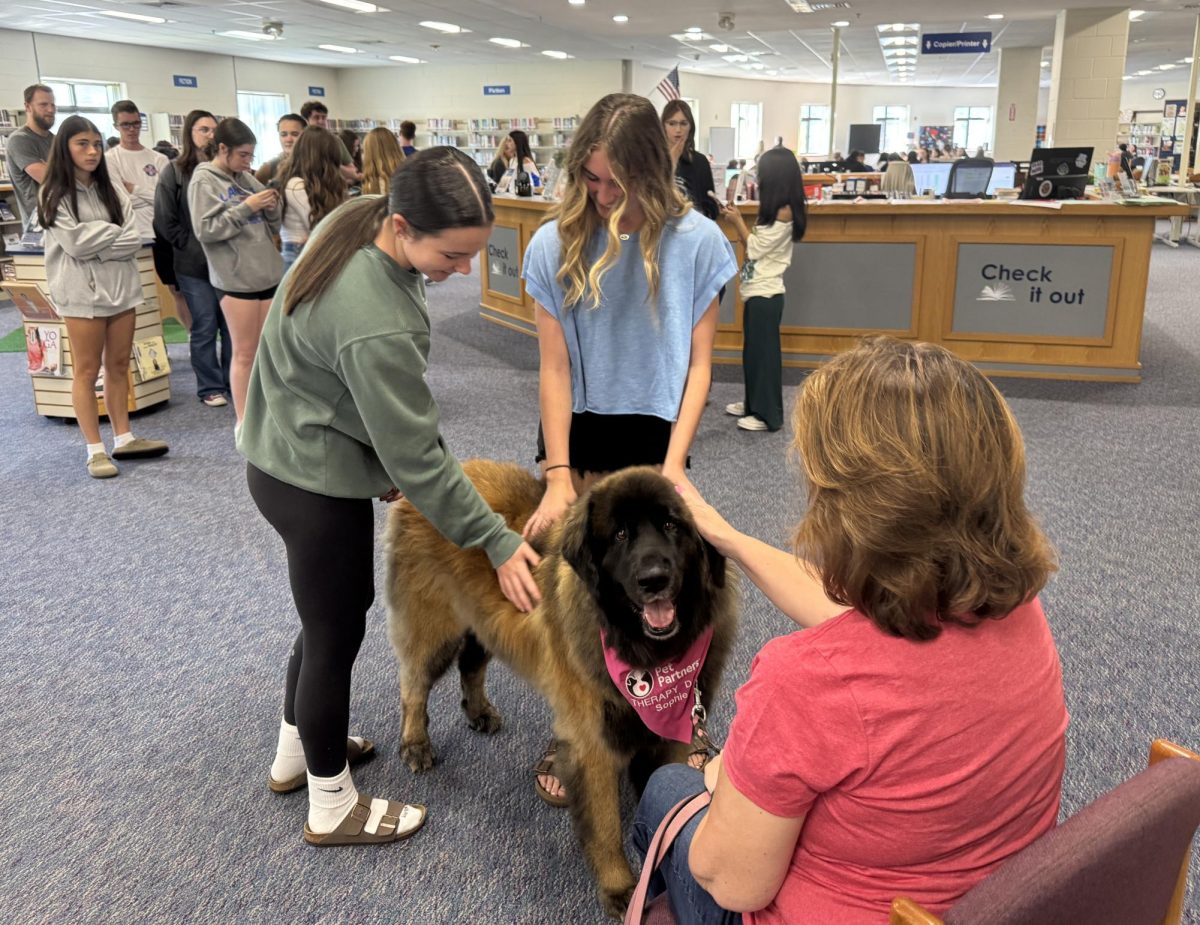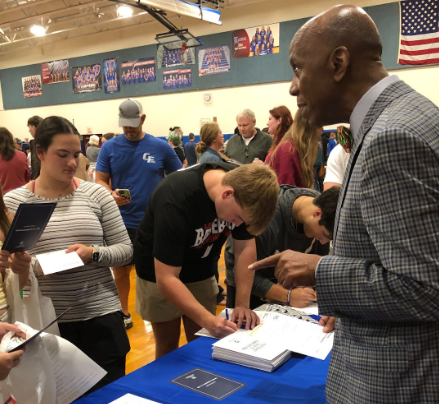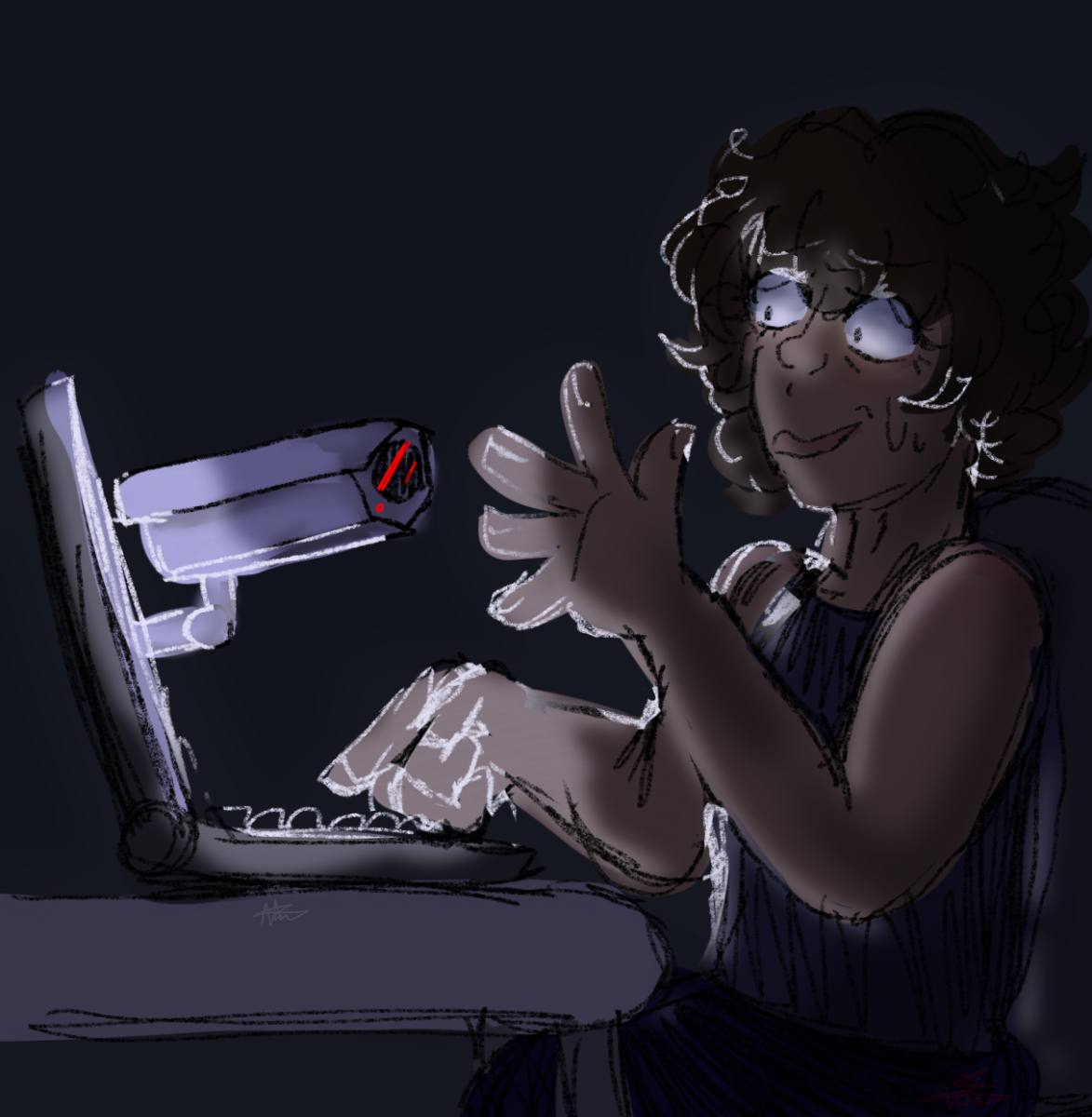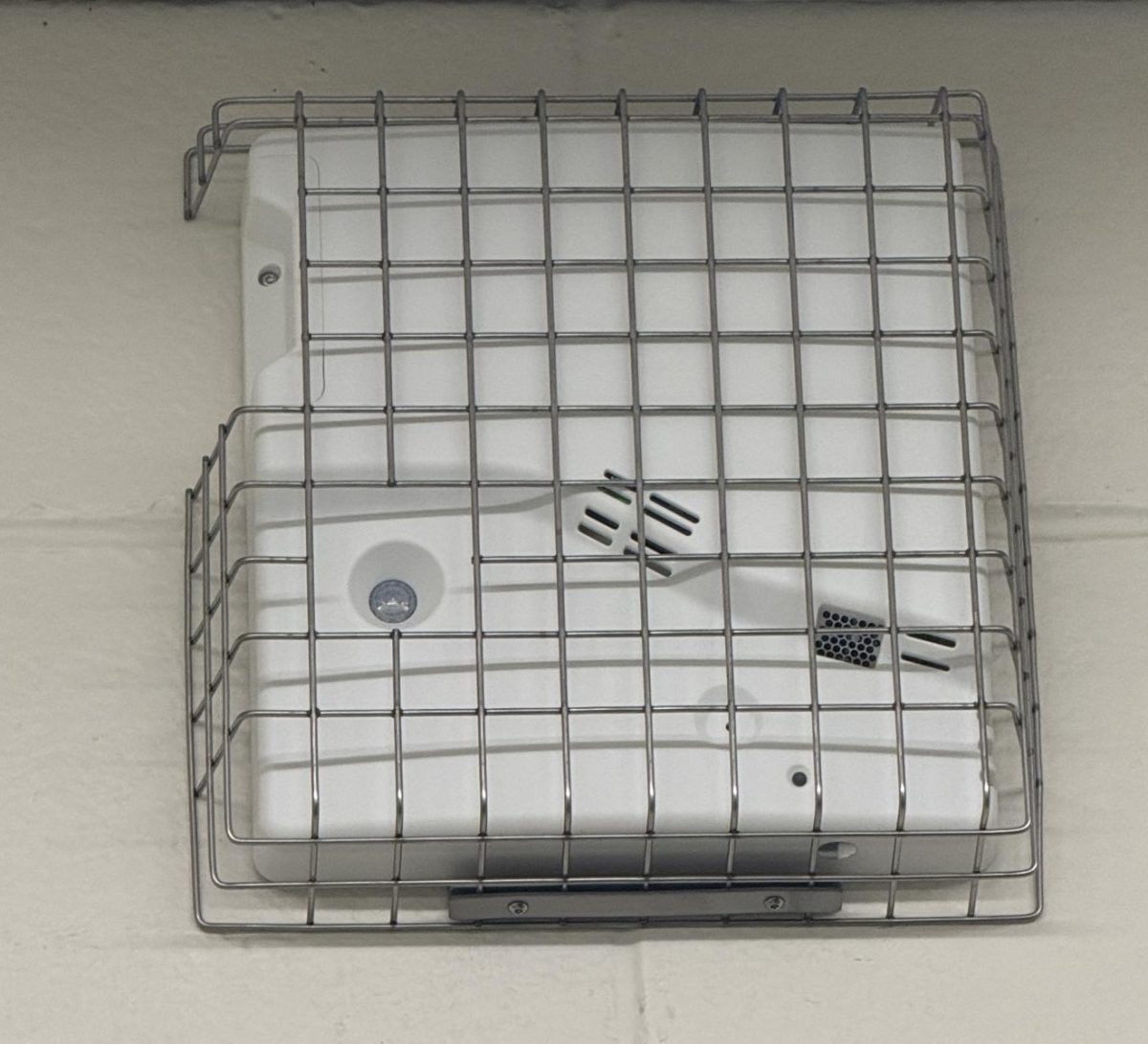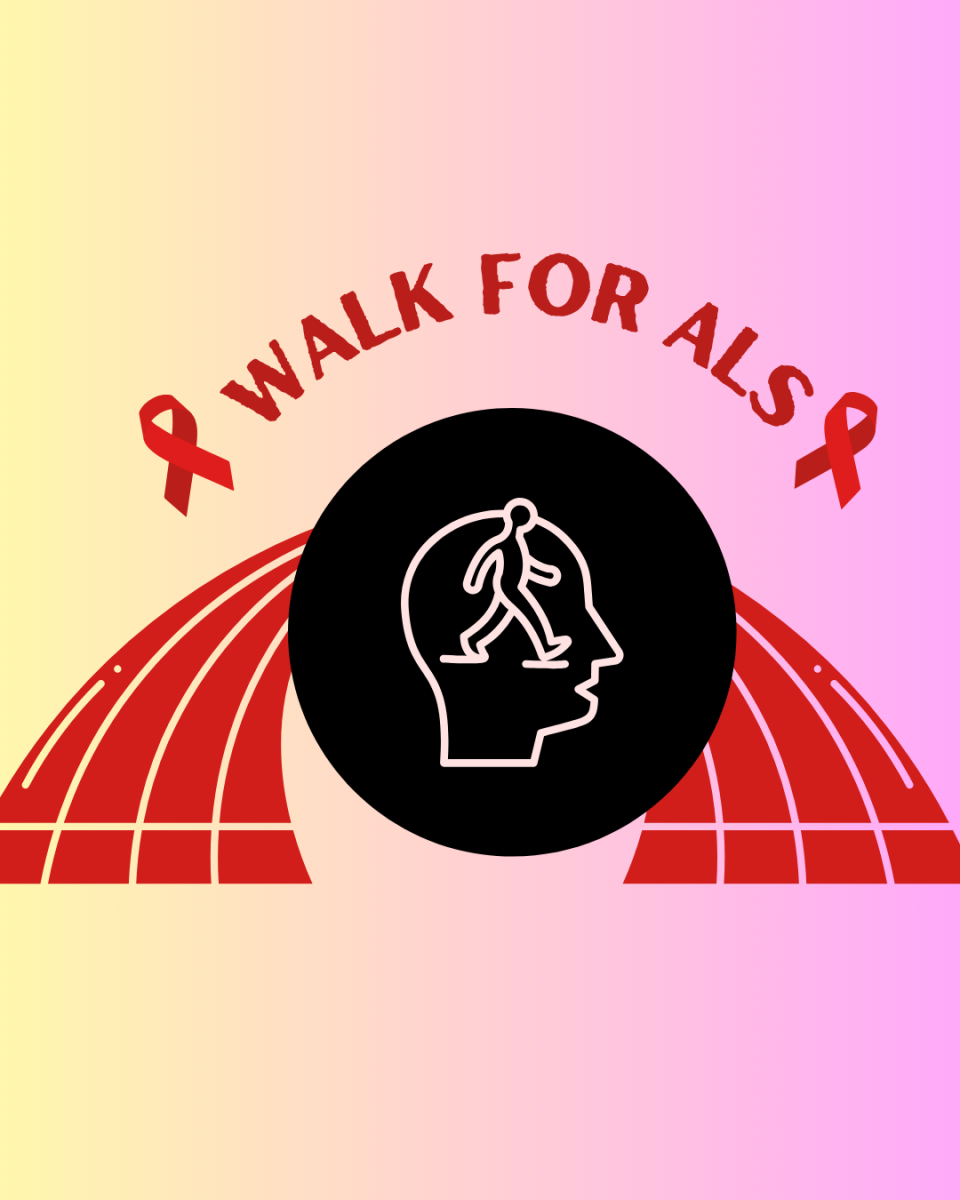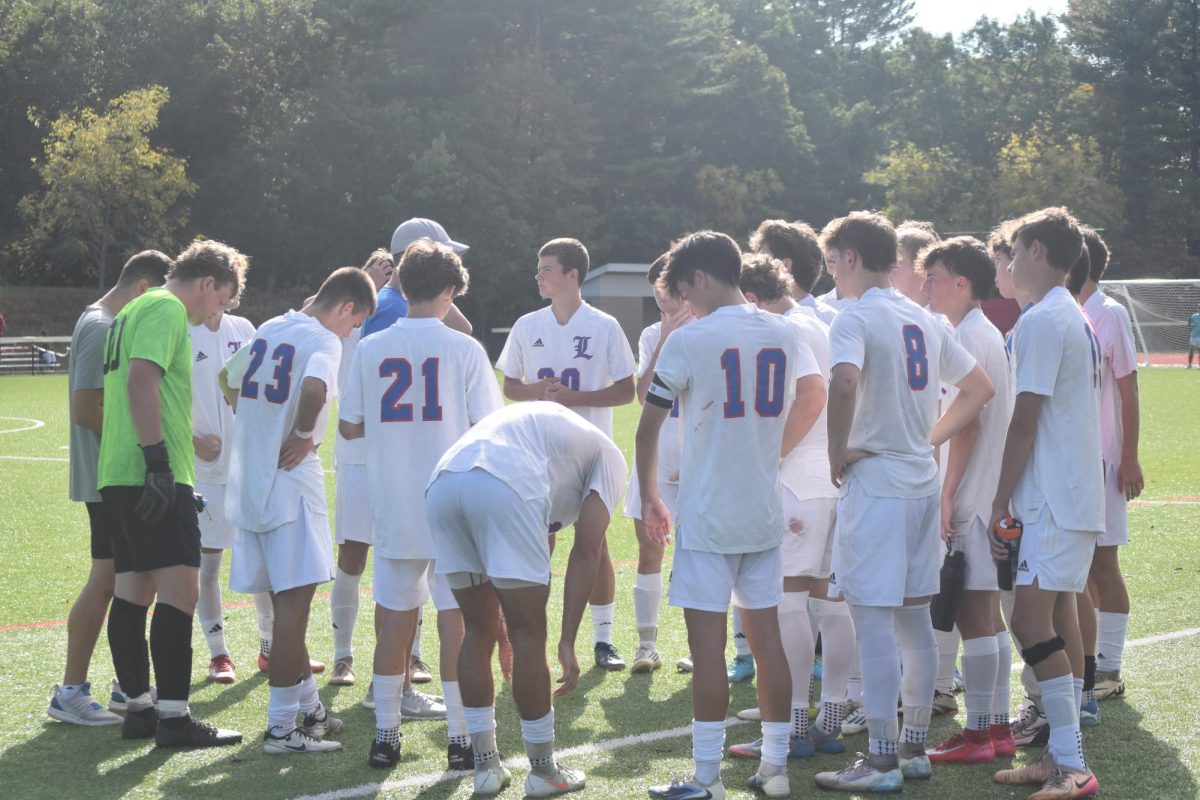When sophomore Jonah MacArthur suffered a big blow to the helmet during a football practice in August, he knew something was wrong.
“I hit every part of my head,” MacArthur said. “I couldn’t hear and my head started hurting and ringing.”
MacArthur immediately brought this to the attention of LHS trainer Michelle Hart-Miller.
Not only did he have to miss a month of football, but he also had to endure a tough journey during and returning back from his concussion.
It affected his entire way of living for the weeks to come, and made it difficult for MacArthur to do normal, everyday activities.
“I’d wake up seeing random things,” MacArthur said, “like blurs and stuff.”
Even his mood was affected.
“Sometimes I’d yell at my parents a little more,” he said.
The concussion affected MacArthur both mentally and physically. He had to follow “long and boring” protocols. But luckily for MacArthur, it paid off as he was able to make a long-awaited recovery back to full health. And he finally felt himself again.
“It feels great to be back on the field, and out there with the guys,” MacArthur said.
About five to ten percent of athletes sustain concussions in any sports season according to the University of Michigan Health. Among these athletes, roughly one in three played through it without ever finding out according to NIH.
Following concussion protocols and informing a trainer or coach may save an athlete’s sports career, since this potentially life-changing head injury can happen in a moment.
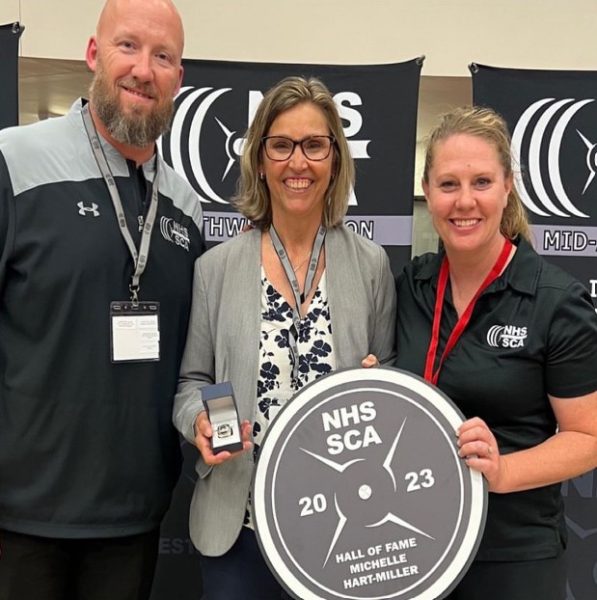
“It’s really important that athletes understand they need to report [concussions],” Hart-Miller said. “They have to think long term.”
According to Hart-Miller, even minor trauma to the head should be reported.
“If you get a second injury to your head it can cause an automatic increase in swelling in your brain,” Hart-Miller said, “and that can cause death.”
Hart-Miller has helped many athletes who have experienced concussions through her 31 years as a trainer in Londonderry. Some of these injuries ended up affecting the athlete for years to come.
“We’ve had two [athletes] that have had post-concussive symptoms well into adulthood,” Hart-Miller said. “Both athletes went on to play in college and continued to consistently have issuses in college.”
Although these athletes suffered big hits in order to sustain such head trauma, the minor hits are not anything that should be taken lightly.
“A lot of times, they go through something that doesn’t seem like it would be that bad,” Hart-Miller said, “but the next day they come in, and they’re still having headaches, and there’s still some sensitivity to light.”
These are the most common symptoms in anyone who suffers a concussion. They are also the most useful in diagnosing someone who may have a concussion. If someone experiences headaches and sensitivity to light even a little, it should be reported.
Hart-Miller also made it clear that the little things add up.
“Say a lineman in football,” Hart-Miller said. “They get those tiny little hits over a long period of time and then start struggling with memory loss or headaches.”
To be experiencing memory loss and headaches all the time would not serve somebody well. It affects the athlete’s life for the worse, and prevents them from doing the things they love, like playing sports.
“If you know of an athlete that is struggling, reach out, ”Hart-Miller said. “We can help them.”




